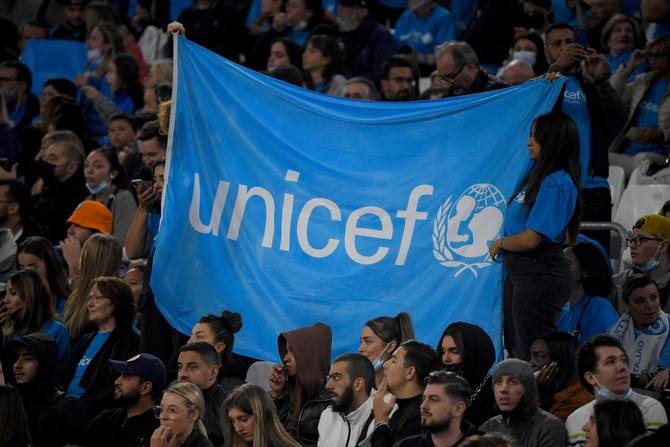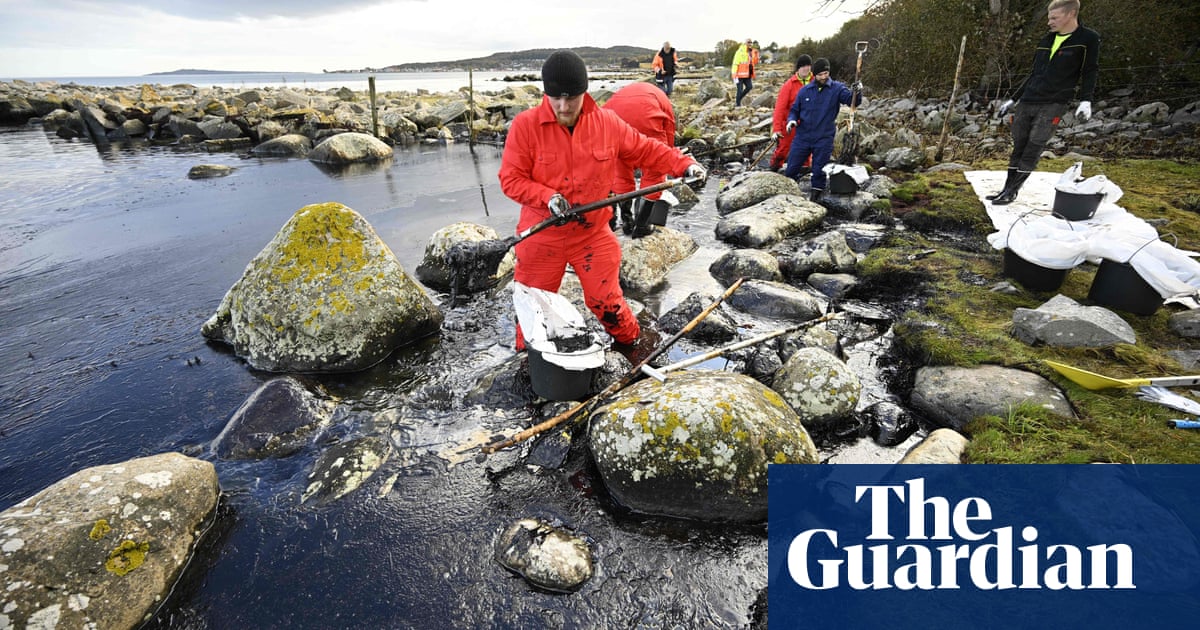
The 77th anniversary of the founding of UNICEF will be marked next week. While the organization has made significant and remarkable progress since its establishment, more work has to be done in order to prevent violence against children and to fully protect the rights, safety, well-being and health of children around the world.
UNICEF has come a long way. The UN General Assembly established the UN International Children’s Emergency Fund on Dec. 11, 1946, in order to provide relief, food, clothing and support to children living in countries, particularly European nations, that were devastated by the Second World War. In 1953, it became a permanent agency of the UN and the organization’s name was subsequently changed to the UN Children’s Fund, although it retained the original acronym.
Nearly two decades after its establishment, UNICEF’s role shifted from solely providing food and relief to children to also advocating for children’s rights and education. UNICEF also played a key role in the drafting of the Convention on the Rights of the Child, which was later adopted by the UNGA. Three critical pillars of the convention are protecting children from any type of discrimination, prioritizing the best interests of the child and ensuring the rights of children to life, development and survival.
UNICEF has saved many lives and supported communities in more than 190 countries and territories
Dr. Majid Rafizadeh
The significance of this convention is that it expands children’s rights, as it includes a wide range of rights, ranging from social, cultural, educational, political and civil rights to economic rights. Children’s rights also include having access to essentials such as food, shelter, healthcare, education and clean water, as well as safety from any form of exploitation and protection from physical and emotional harm. Children must also be able to express their opinions and be treated with respect for their perspectives and views.
The agency has accomplished much in the years since its establishment. UNICEF has saved many lives and supported communities in more than 190 countries and territories. Its projects in water, sanitation and hygiene have reduced preventable childhood diseases and death. Its campaigns to eradicate yaws, leprosy and trachoma were very effective. Tens of thousands of maternal and child welfare centers in many countries receive UNICEF supplies and technical training. It was even awarded the Nobel Peace Prize in 1965 for the “promotion of brotherhood among nations.”
UNICEF has provided aid for mothers and children during conflicts, played a role in decreasing infant and child death rates, increased life expectancy in developing countries and raised the percentage of children going to school and receiving education. It was at the forefront of fighting the Zika virus in 2016 and it helped nearly 1.5 million children in Mozambique, Malawi and Zimbabwe who were left without homes, schools and food due to Cyclone Idai in 2019.
UNICEF has become one of the largest social welfare organizations in the world. It provides immunization and disease prevention programs, offers emergency relief in the wake of natural disasters, promotes education and children’s rights and improves childhood and maternal nutrition, as well as sanitation.
Nevertheless, one of the shortcomings of the agency is that it has often failed to protect children during times of war, partially due to the fact that it does not have any enforcement power to mandate compliance with rules, laws and rights. And children are the ones that bear much of the brunt of war.
One of the shortcomings of the agency is that it has often failed to protect children during times of war
Dr. Majid Rafizadeh
In other words, in spite of UNICEF’s work and in spite of the Convention on the Rights of the Child, millions of children still face violence. For example, UNICEF this week acknowledged: “The escalation of hostilities in the Gaza Strip is having a catastrophic impact on children and families. Children are dying at an alarming rate — more than 5,000 have reportedly been killed and thousands more injured. Well over 1.7 million people in the Gaza Strip have been displaced — half of them children. They do not have enough access to water, food, fuel and medicine. Their homes have been destroyed; their families torn apart.”
UNICEF Executive Director Catherine Russell added on the resumption of fighting in Gaza after last week’s temporary ceasefire: “The Gaza Strip is once again the most dangerous place in the world to be a child. After seven days of respite from horrific violence, fighting has resumed. More children will surely die as a result.”
In another conflict-affected country, Sudan, children are also bearing the brunt of a war that has been going on for more than seven months. Millions of children are being exposed to violence, abuse and exploitation, while more than 1,200 children under the age of five have died in nine camps in the country because of a deadly combination of measles and malnutrition.
Another tragedy is that the recruitment of children as soldiers has been seen in Sudan. “The recruitment of children by armed groups for any form of exploitation — including in combat roles — is a gross violation of human rights, a serious crime and a violation of international humanitarian law,” said Siobhan Mullally, the UN special rapporteur on trafficking in persons, especially women and children.
In conclusion, UNICEF has evolved from being a relief agency to advocating for children’s rights and education. Its humanitarian efforts have helped millions of children and their families around the world. But millions of children still face violence and their rights are violated on a daily basis. Since the agency lacks enforcement power to mandate compliance, it is often unable to protect children in times of war, such as in the Gaza Strip today.
Dr. Majid Rafizadeh is a Harvard-educated Iranian-American political scientist. X: @Dr_Rafizadeh












